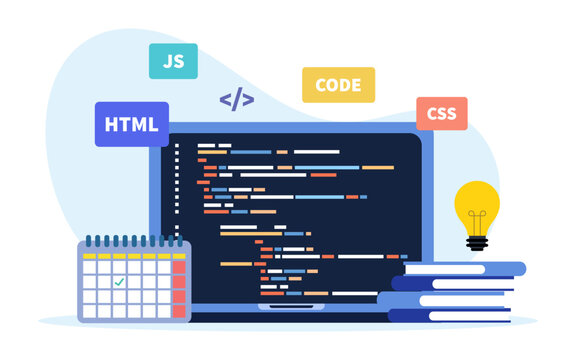When "Frontend" Doesn't Mean Frontend: A Look at Misleading Job Titles in Tech

As someone who has worked as a frontend developer for years, I’ve seen job titles evolve—and sometimes devolve—into vague labels that don’t really match the work. But nothing is more confusing (and frustrating) than seeing a job titled “Frontend Developer” that’s anything but frontend.
Let’s be real: if your “frontend” job post focuses more on CI/CD pipelines, system design, and backend APIs than it does on UI/UX, HTML, or React components… we’ve got a problem.

What Frontend Actually Means
Let’s revisit the fundamentals. At its core, frontend development is about:
Building intuitive, responsive, and accessible user interfaces
Implementing UI designs using HTML, CSS, JavaScript (and often a framework like React, Vue, or Angular)
Ensuring performance, accessibility, and cross-browser compatibility
Collaborating closely with designers and product teams to create great user experiences
Writing frontend tests (unit, integration, and UI behavior tests)
If your day-to-day doesn't involve working on the user interface, you’re not doing frontend. You might be full-stack. You might even be DevOps. And that's totally fine—just label the role accurately.

Real Job Post Example
Here’s a real job description I came across recently (paraphrased to anonymize it):
Responsibilities:
Develop technical architecture, data models, and system components
Write and deploy production code
Create and manage CI/CD pipelines
Implement automated testing using Playwright
Provide production support and resolve issues post-deployment
Nowhere in the description was there anything about building interfaces, working with designers, or even using a frontend framework.
But the job title? Frontend Developer.
Why This is a Problem
Job seekers rely on titles and keywords when looking for roles. Mislabeling a job creates confusion and sets the wrong expectations.
Here’s what happens:
🎯 Frontend devs apply expecting to work on UI, only to find themselves configuring CI tools or writing API integrations
😬 Interviewers evaluate based on backend tasks, which unfairly disqualifies great frontend candidates
🧩 Companies end up hiring someone with the wrong skillset for the actual job
The result? Frustration, mismatched roles, low morale, and ultimately, turnover.

How This Hurts Developers
Frontend developers are not "less technical" than backend or full-stack developers. The frontend is often where your users live—where performance, accessibility, and visual feedback matter the most. It’s not just “making things pretty.” It's about problem-solving at the interface between human and machine.
When companies treat frontend as an afterthought—or worse, as a catch-all title—it sends the message that this work isn’t as valuable. That’s simply not true.
How to Spot a Misleading "Frontend" Job
If you're applying to frontend roles, here are some red flags:
🚩 Responsibilities focused on infra (e.g., CI/CD, containers, cloud configs)
🚩 Data modeling or API design as core tasks
🚩 No mention of working with designers or design systems
🚩 Vague mentions of "JavaScript" with no context
🚩 Frontend buzzwords tacked onto a full-stack job
And if you’re in doubt? Ask during the interview:
What framework are you using on the frontend?
How is UI/UX handled in your team?
What portion of the role is focused on actual interface development?
What Companies Can Do Better
✅ Be honest in your job titles. If it's full-stack, call it that.
✅ Separate concerns. Infra-heavy tasks belong to DevOps or backend roles.
✅ Clarify your tech stack and responsibilities. “Frontend” should mean working on the frontend.
✅ Respect the frontend. UI/UX is complex, important, and deserves focus.
Being accurate isn’t just about attracting the right candidates—it shows respect for the craft.
Final Thoughts
We’ve all seen the jokes: “Looking for a Junior Frontend Dev with 10 years of Kubernetes experience.” 😂
But it's not always a joke. It reflects a deeper issue: the lack of clarity in our industry around roles and expectations.
Let’s do better.
If you're a developer, don’t be afraid to skip or question roles that feel misleading.
If you're a hiring manager, take a closer look at what you're really asking for—and label it accordingly.
Because at the end of the day, clear titles lead to better matches, better teams, and better products.
Have you run into these kinds of job posts too? I’d love to hear your stories. Let’s bring awareness and help improve how we define roles in tech.
#Frontend #TechCareers #DeveloperLife #WebDev #Hiring #UX #ReactJS #JobSearch #CareerGrowth